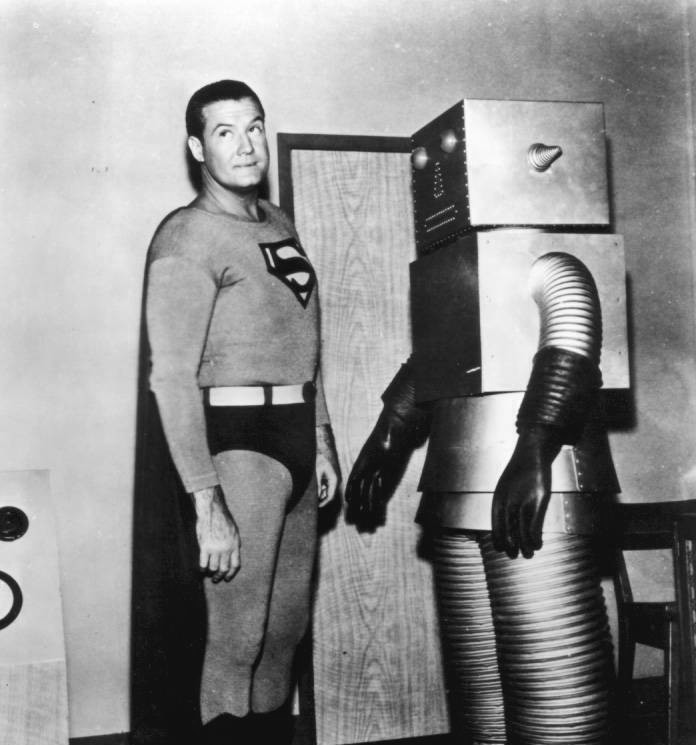Today’s Comey testimony changes very little, as it’s still difficult to envision any scenario in which a GOP Congress would impeach Trump, no matter what he’s done or does. In fact, it seems even clearer now Republicans will double down on this illicit, incompetent White House.
Either they’re afraid that mercifully pushing Trump from the Oval Office, which he’s given them ample opportunity to do, would be too damaging to the party as a whole, or there were more contacts and money flowing between the Kremlin and members of the GOP than we know and they plan to keep it shrouded with a united front.
Would incriminating phone calls leaked by the IC community (domestic or foreign) that demonstrated collusion between Russia and members of Trump’s team make a difference? I doubt it. The President would then be given distance from his minions. Even if there was tape of Trump himself doing just that, I think it would be rationalized. “He’s new at this,” Paul Ryan said, when addressing the President’s unbecoming conduct in trying to obstruct justice.
The same rationale could be applied to essentially any misdeed, though Trump is in no way new at the mob strong-arming tactics he tried with the FBI director he ultimately fired. They’ve long been part of his modus operandi as a “legitimate businessman.” The careful language (“I hope you can let this go”) reveals he was very aware of what he was asking in that meeting, even if he’s been erratic in it’s aftermath (e.g., unhinged Lester Holt interview).
Would proof of laundered money push the GOP to act? Unlikely. Long before politics, Trump engaged in this illegal behavior and there would be a justification that he still won the electoral college despite the citizenry knowing all about it. “People got what they voted for,” as Marco Rubio has said.
Beyond any crimes committed by Trump and company, the extraordinary powers of the Presidency make it possible for the person holding the position to destroy our democracy even without traversing the law. Either the Democrats retake the House in 2018 or we’re likely stuck for four years with Trump and his cabal attempting to remake America into an authoritarian state. By then, it could be too late.
Forget Russia. Trump, like any president, has a wide range of contacts with friends, political supporters, donors, and the broader social and professional networks of his subordinates. He also oversees a vast executive branch that is responsible for supervising a huge range of law enforcement officials and regulatory agencies.
He could, if he were so inclined, sit in the Oval Office and spend his time making various phone calls to various law enforcement officials, prosecutors, and regulators and suggest to them that they should drop various investigations and enforcement activities into his various friends and donors. That would, of course, end up transforming the United States into the kind of authoritarian kleptocracy that the founders feared.
The safeguard would be Congress. Congress is supposed to stiffen the spine of executive branch officials by reminding them that their oath is to the Constitution and not to the president. Congress is supposed to oversee the executive branch and police not only legal misconduct but political misconduct, like perverting the legal process to benefit his friends and allies.
Instead, congressional Republicans have chosen to stand on the ground that it’s okay to order an investigation quashed as long as you do it with a wink-wink and a nudge-nudge — even if you follow up by firing the guy you winked at.•







